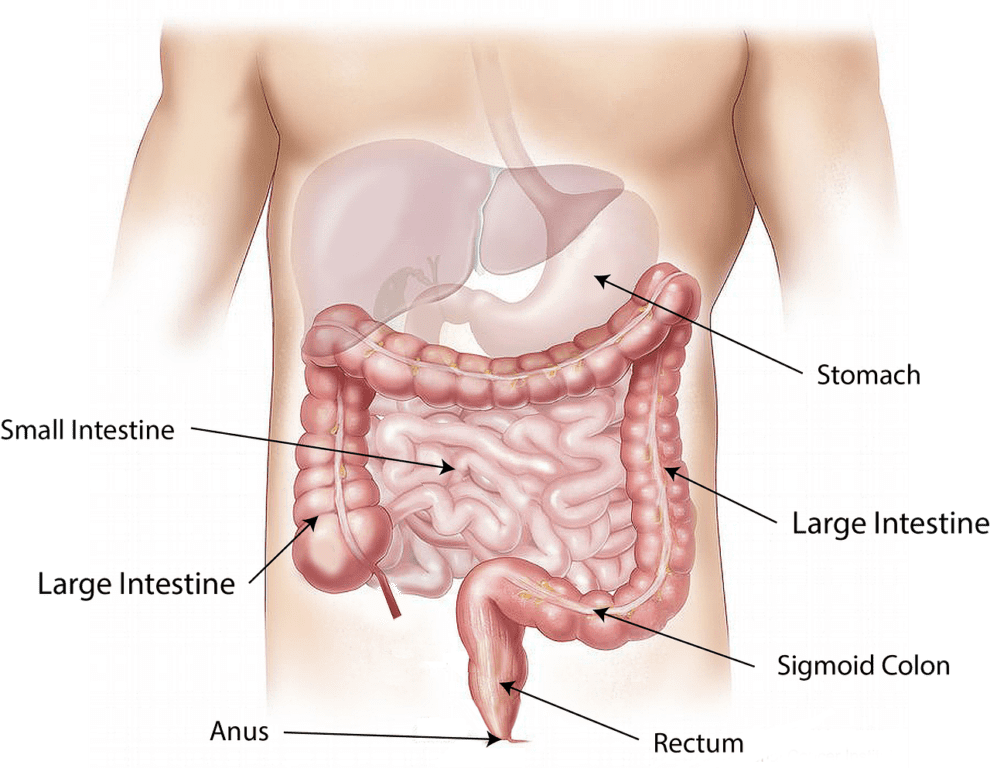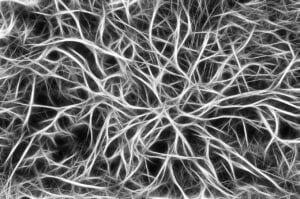Have you ever thought about your genes and what they do for your body? For example, the KRAS gene—do you know what it does? Normally, KRAS encodes for the production of a protein which plays a role in how your cells grow and divide. When this gene is mutated, cells may grow out of control. An estimated 40% of people living with colorectal cancer have KRAS mutations. These mutations are associated with increased drug resistance, which means that treatment doesn’t work as well. As a result, these mutations correlate with worse outcomes.
According to an article published in Medical XPress, researchers from Yale wanted to understand whether metabolic differences—such as altered metabolic pathways in colorectal tumors with these gene mutations—contribute to these outcomes.
Understanding the Research
In their study, published in Redox Biology, the research team sourced a number of biological samples from patients, including:
- 39 colon tissue samples from people without any health issues
- 261 colon tissue samples from people with colorectal cancer
- 60 tumor samples from colorectal cancer (KRAS mutations present)
- 101 tumor samples from colorectal cancer (KRAS mutations absent)
Next, the researchers evaluated metabolites within these samples. Through this analysis, the research team found that metabolites differed in healthy and cancerous tissue, tumors with and without KRAS mutations (in male patients), and tumors or healthy tissue in women vs. in men. Interestingly, males with these mutations were less likely to have ferroptosis (cell death) in their cancer cells. Further research showed that KRAS mutations could change the way other genes were expressed, leading to reduced or absent ferroptosis. These were associated with worse outcomes.
More research is needed to better understand the underlying mechanisms of these genes. However, researchers feel that this offers some promise in developing more targeted and effective therapeutic options for patients.
What is Colorectal Cancer?
Also referred to as colon cancer, colorectal cancer begins in the large intestine (colon), or the end of the digestive tract. In many cases, this cancer begins as benign (non-cancerous) polyps outside of the colon. They then become malignant (cancerous) over time. There are a number of risk factors that increase the chance of having this cancer:
- Being of African-American descent
- Older age (50+)
- A family history of colorectal cancer
- Obesity
- Smoking cigarettes
- A low-fiber, high-fat diet
- Diabetes
- Prior radiation treatment
- Alcohol consumption
- Inflammatory intestinal conditions
- A personal history of cancer/polyps
- An inactive lifestyle
In many cases, people with colorectal cancer may not have symptoms until their cancer has progressed. Symptoms may include unintentional weight loss, fatigue and general weakness, rectal pain or bleeding, a persistent change in bowel habits (such as diarrhea or constipation), abdominal discomfort, and a feeling of the bowels not completely emptying. After diagnosis, a treatment plan for this cancer may include surgical interventions, chemotherapy, radiation, and immunotherapy.






